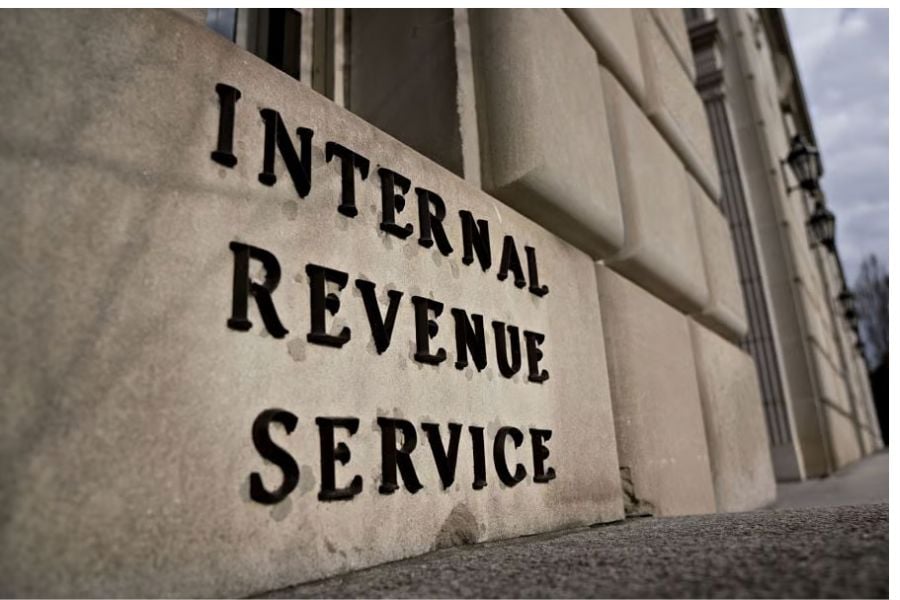

In the wake of the devastation left by the meteorological one-two punch of Hurricane Helene and Milton, which together have left a toll of more than 230 fatalities, and thousands missing, the Internal Revenue Service has announced a series of tax relief measures for individuals and businesses affected.
In a statement Friday, the agency said taxpayers in regions designated as federal disaster areas by the Federal Emergency Management Agency are eligible for extensions to file returns, access to special deductions, and other forms of assistance aimed at easing their financial burdens in the wake of the storms.
Taxpayers in the affected states, including Alabama, Florida, Georgia, North Carolina, and South Carolina, as well as parts of Tennessee and Virginia, now have until May 1, 2025, to file their 2023 returns. This extension also applies to filing and paying 2024 returns, though it does not cover payments for the 2023 tax year. Relief is extended automatically to residents whose address of record falls within the disaster zone.
“Taxpayers get the extra time without having to ask for it,” the IRS stated in the release.
The tax agency also clarified that most disaster relief payments received by taxpayers are don't count under gross income, meaning these payments, often intended for personal, family, lviing or funeral expenses, as well as home repairs, are generally not taxable.
“Qualified disaster relief payments are generally excluded from gross income,” the IRS noted.
The IRS also underscored an additional avenue of tax relief for participants in retirement plans. Specifically, taxpayers within the hurricane zone may be eligible for special disaster-related distributions that are exempt from the 10 percent early withdrawal penalty, and they can choose to spread the income tax liability over three years. But specific rules may vary depending on the person's retirement plan or IRA, the agency emphasized.
"In some instances, individuals and businesses in a federally-declared disaster area can qualify for a casualty loss tax deduction," the IRS added. Those owning property that was damaged or destroyed in the calamities, and not covered by insurance or other form of reimbursement, may be entitled to a larger refund from the deduction, the agency explained.
Uniquely, the casualty loss tax deduction may be claimed on the return for the year the loss happened, or the return for the prior year. Individual taxpayers electing to claim for the deduction have until October 15 to do so.
"If deductions exceed a taxpayer’s income, it can result in a net operating loss (NOL). A taxpayer need not have a business to have a NOL from a casualty," the IRS said. "A NOL can normally be carried forward and deducted in a future tax year."
For taxpayers whose records were lost or destroyed due to the hurricanes, the IRS is providing free transcripts of prior tax returns. These can be accessed online through the IRS website or requested by phone. Disaster-affected individuals can also request free copies of past returns to aid in filing amended claims for disaster-related losses.
The IRS urged anyone with disaster-related tax questions – including those who live outside the hurricane zones, but may be eligible because some of their tax filing requirements are located in the affected area – to call its dedicated disaster hotline.

Plus, a $400 million Commonwealth team departs to launch an independent family-run RIA in the East Bay area.

The collaboration will focus initially on strategies within collective investment trusts in DC plans, with plans to expand to other retirement-focused private investment solutions.

“I respectfully request that all recruiters for other BDs discontinue their efforts to contact me," writes Thomas Bartholomew.

Wealth tech veteran Aaron Klein speaks out against the "misery" of client meetings, why advisors' communication skills don't always help, and AI's potential to make bad meetings "100 times better."

The proposed $120 million settlement would close the book on a legal challenge alleging the Wall Street banks failed to disclose crucial conflicts of interest to investors.
Orion's Tom Wilson on delivering coordinated, high-touch service in a world where returns alone no longer set you apart.
Barely a decade old, registered index-linked annuities have quickly surged in popularity, thanks to their unique blend of protection and growth potential—an appealing option for investors looking to chart a steadier course through today's choppy market waters, says Myles Lambert, Brighthouse Financial.
